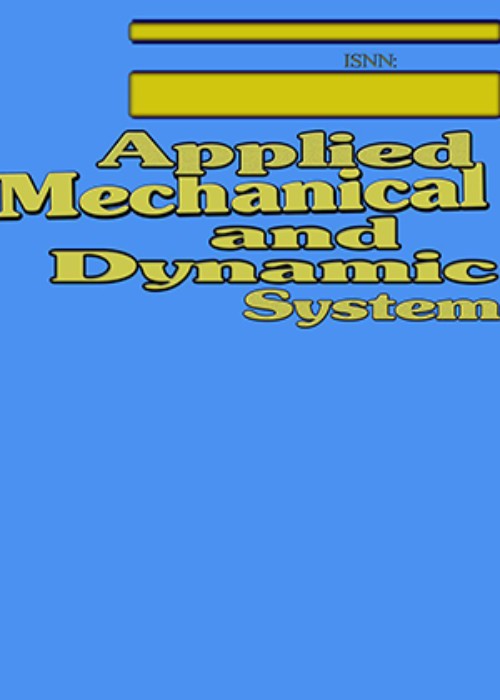Comparison between the Distributed Entropy Method and Average Cost Theory Method in Exergoeconomic Analysis of Energy Systems
Residues are disposal remaining flows of matter or energy that are produced by energy systems. Residues cost allocation is a complex problem. One of the most important criteria for residues cost allocation is distributed entropy method. In this method, the fuel-product (FP) table (a mathematical representation of the thermoeconomic model) is used as input data. Average cost theory (ACT) method is one of the most important conventional exergoeconomic methods that can be applied to energy systems. In this paper, distributed entropy method and ACT method are applied to a combined cycle and a cogeneration system. Fuel and product costs for each component are obtained and compared with each other. Specific cost of product for each component is calculated, too.
- حق عضویت دریافتی صرف حمایت از نشریات عضو و نگهداری، تکمیل و توسعه مگیران میشود.
- پرداخت حق اشتراک و دانلود مقالات اجازه بازنشر آن در سایر رسانههای چاپی و دیجیتال را به کاربر نمیدهد.



